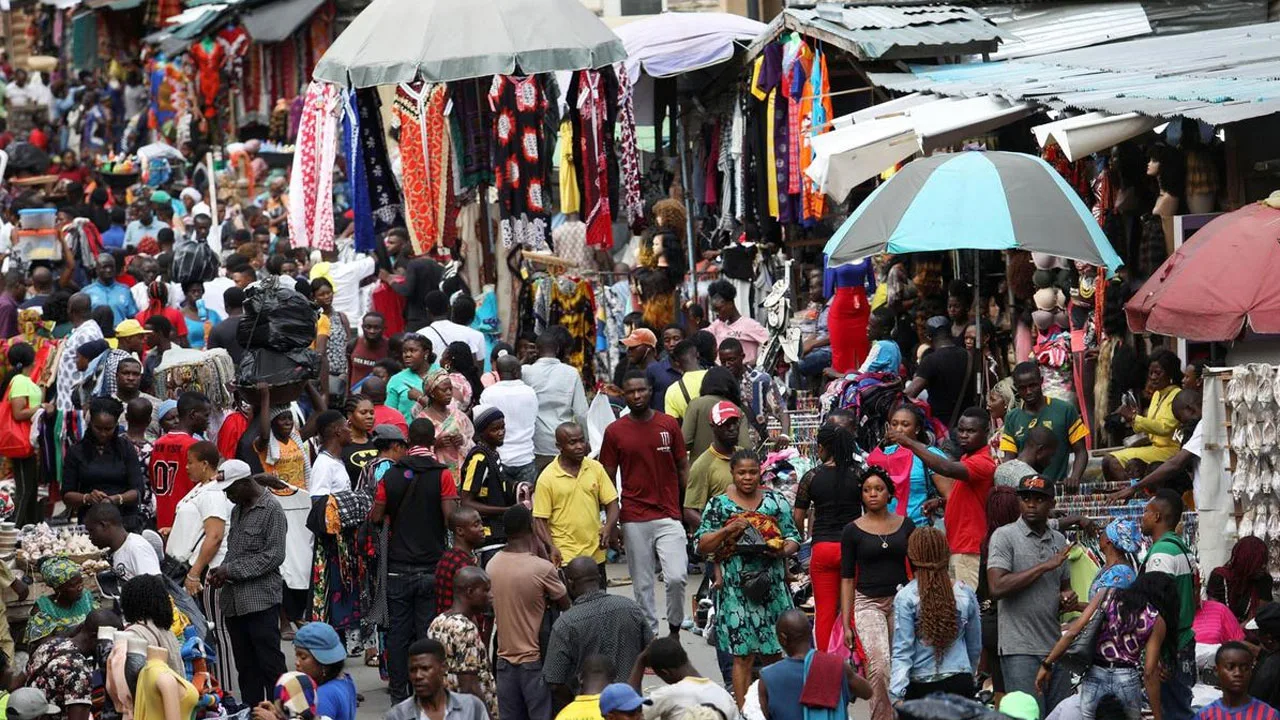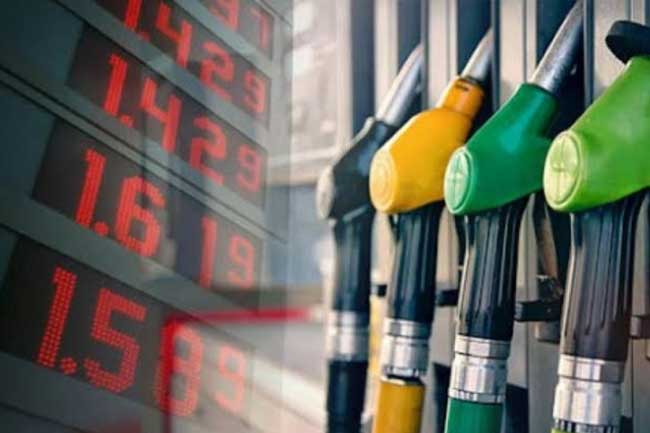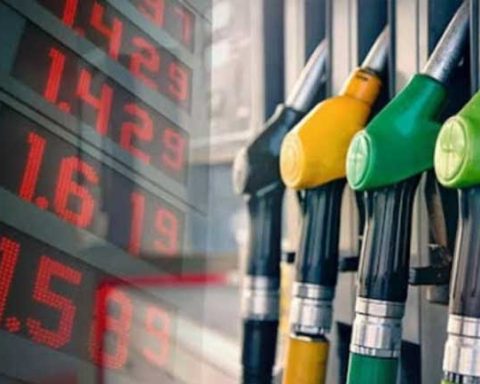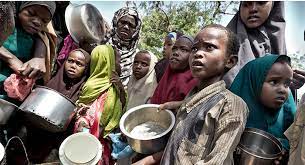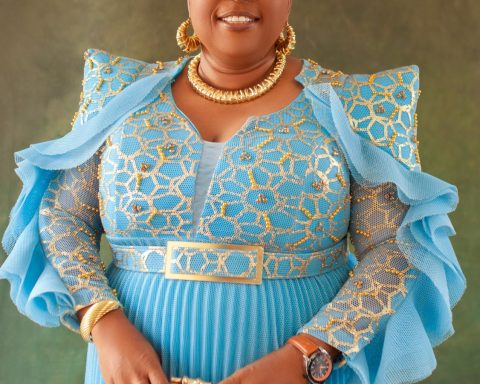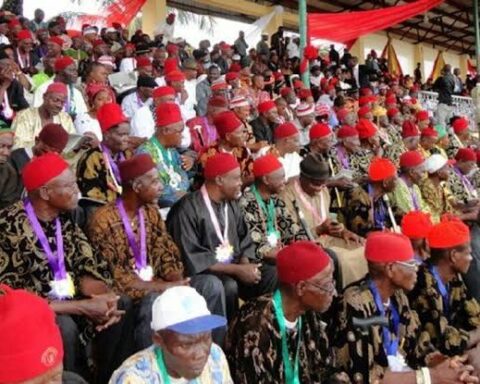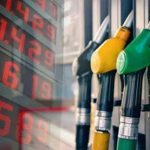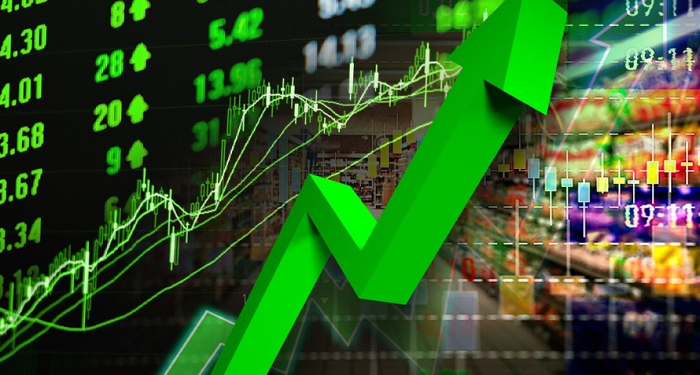The Growing Disconnect Between Economic Growth and Everyday Realities
Nigeria’s economic challenges is at a crossroads. Despite a reported GDP growth of 3.19% in Q2 2024, the living experiences of many Nigerians tell a different story. With 104 million citizens below the poverty line and youth unemployment at 42.5%, these figures paint a stark contrast to the optimism expressed by government officials.
“I have never seen things this tough,” said Iya Bose, a market woman in Oshodi, Lagos. “The price of rice keeps rising, and customers argue over every kobo. Even with the little profit I make, inflation swallows it.”
Join our WhatsApp ChannelThis sentiment reflects the growing frustration among ordinary Nigerians. While macroeconomic indicators suggest progress, the reality is far from reassuring. Civil servant Mr. Adeolu lamented, “My salary doesn’t go far anymore. Every month, it feels like I’m running in circles just to survive.”
Economic Policies That Leave Many Behind
The unification of exchange rates in 2023 and the subsequent 200% depreciation of the Naira are widely criticized for exacerbating inflation and eroding purchasing power. Experts argue these policies fail to address structural issues.
“Nigeria needs economic reforms tailored to its unique challenges,” explained Dr. Ifeanyi Okafor, an economist at the University of Lagos. “While unifying the exchange rate was necessary, it must be accompanied by measures to stabilise the Naira and control inflation.”
Despite these challenges, some sectors have seen marginal growth. Ngozi Eze, a project manager, noted that while foreign direct investment (FDI) has shown slight improvements, it remains insufficient. “Investors are wary of policy inconsistencies. Nigeria must ensure its policies are clear and transparent to attract long-term investments,” she said.
Everyday Struggles of Nigerians
For Kunle, an Uber driver in Lagos, the rising cost of petrol has made life increasingly difficult. “The cost of fuel eats into my earnings. I spend more time on the road to make what I used to earn in less time. This is not sustainable,” he shared.
READ ALSO: Nigerian Stock Market Gains N15.66trn Despite Economic Challenges
The challenges are equally pronounced in the education sector. Mrs. Akande, a school owner, revealed, “Parents are struggling to pay fees. We’re also affected by high energy costs because we rely on generators. It’s a constant battle to keep the school running.”
These stories highlight the disparity between the government’s optimistic rhetoric and the struggles of everyday citizens.
Expert Perspectives on Bridging the Gap
Economic analysts insist that without addressing core issues, Nigeria’s recovery may remain superficial. Professor Bolanle Akande, a development expert, emphasised the need for inclusive policies. “Growth must be felt at the grassroots level. Investments in education, vocational training, and infrastructure are key to empowering the majority,” she said.
Another area of concern is Nigeria’s over-reliance on oil. “Diversifying the economy is non-negotiable,” said Mr. John Aliyu, an investment consultant. “We need to focus on agriculture, technology, and manufacturing to create jobs and reduce poverty.”
What Lies Ahead?
Despite the bleak circumstances, Nigerians remain resilient. However, many believe the government must do more to ensure inclusive growth. Transparency and accountability are critical. As Dr. Okafor put it, “Without trust in the system, even the best policies will fail. Nigerians need to see tangible benefits from reforms.”
Until then, people like Iya Bose, Kunle, and Mrs. Akande will continue to navigate the harsh realities of an economy struggling to meet its potential. For Nigeria to transition from cautious recovery to sustainable prosperity, bold, people-focused reforms are necessary.
“Nigeria has all it needs to succeed,” said Professor Akande. “What’s missing is the political will to turn potential into progress.”
Emmanuel Ochayi is a journalist. He is a graduate of the University of Lagos, School of first choice and the nations pride. Emmanuel is keen on exploring writing angles in different areas, including Business, climate change, politics, Education, and others.

